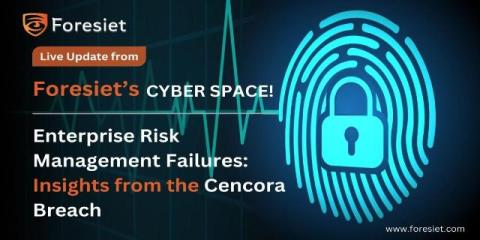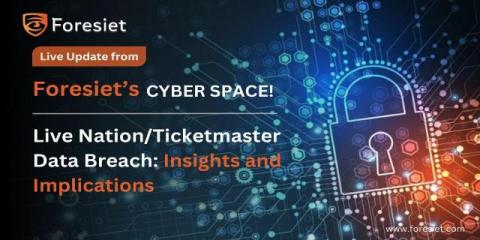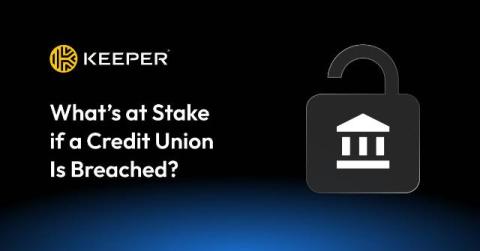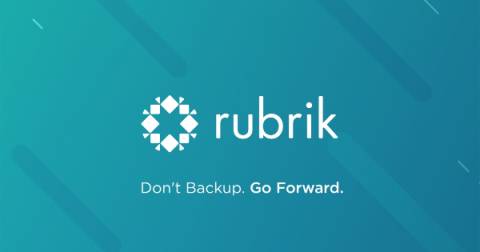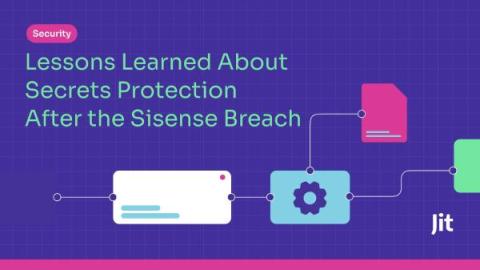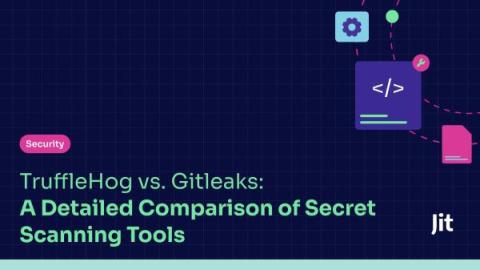Enterprise Risk Management Failures: Insights from the Cencora Breach
In a significant cybersecurity incident, Cencora, a leading pharmaceutical services provider, experienced a data breach in February 2024, exposing sensitive patient information from 11 major pharmaceutical companies. This breach underscores the critical importance of robust enterprise risk management, vulnerability management, and endpoint security in protecting sensitive data and managing online reputation.


